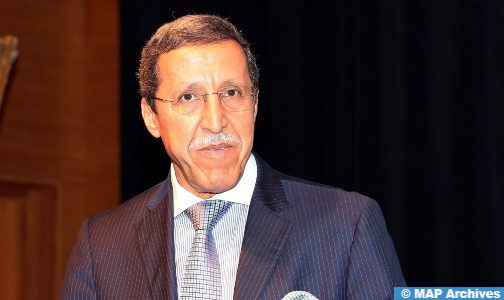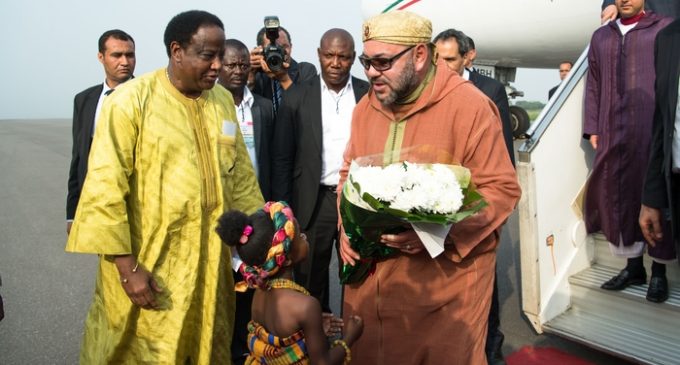Morocco’s Permanent Representative to the United Nations, Omar Hilale, has been appointed co-chair of the new Science, Technology, and Innovation Coalition for Africa (STI).
Launched on Tuesday in New York by South Africa as part of Africa Day held on the sidelines of the United Nations ECOSOC’s Science and Technology Forum, the Coalition is also headed by the ambassadors of Ethiopia and Ghana, with the support of the United Nations Department of Economic and Social Affairs (UNDESA) and the United Nations Economic Commission for Africa (ECA).
The appointment of Morocco at the head of this initiative is a reaffirmation of the Kingdom’s leading role in favor of Africa in several areas, and a recognition of King Mohammed VI’s African vision.
The Coalition is an initiative that aims to create a pathway for African states to develop, deploy and expand the use of STI in the context of achieving the Sustainable Development Goals (SDGs) of the UN Agenda 2030 and the African Union Agenda 2063.
The Coalition intends to build on the potential of African innovators, especially young people and the diaspora, and expand financial and educational opportunities to find viable and scalable STI solutions for the states of the continent. It also aims to take advantage of the Continental Free Trade Area, involving African financial institutions and the growing industrial base on the continent to strengthen investment in research and development and promote infrastructure dedicated to STI.
It also involves developing STI roadmaps at national, regional, and sub-national levels and implementing related capacity building activities for African States and their stakeholders, in addition to strengthening the STI agenda for Africa in UN processes and mechanisms.
The Coalition is an informal multi-stakeholder interest group where UN Member States wishing to share experiences, resources, and practices to address common challenges can tap into to propose new initiatives that can benefit national and global STI capacities to notably accelerate the achievement of the Sustainable Development Goals in their respective national contexts.



